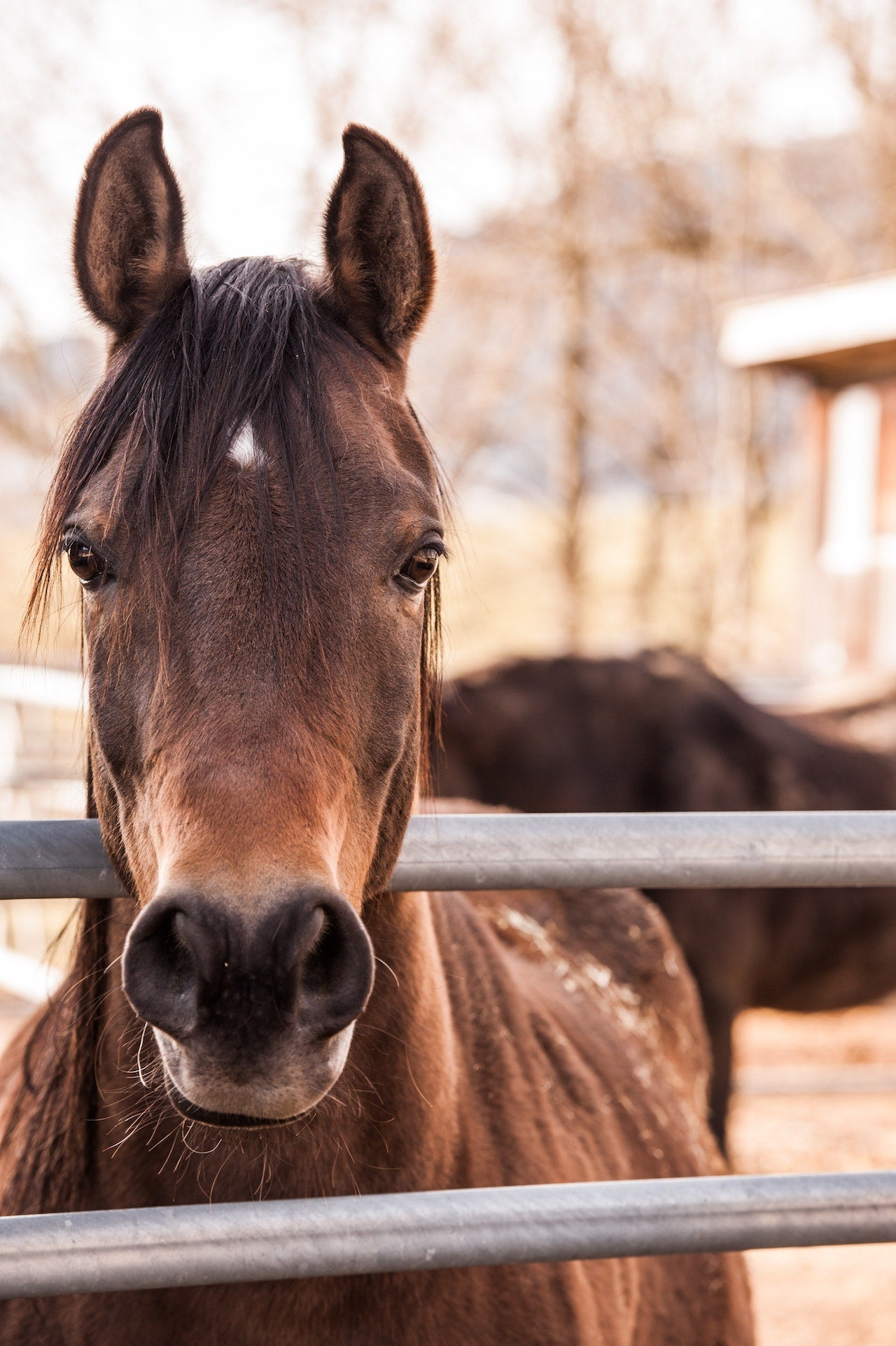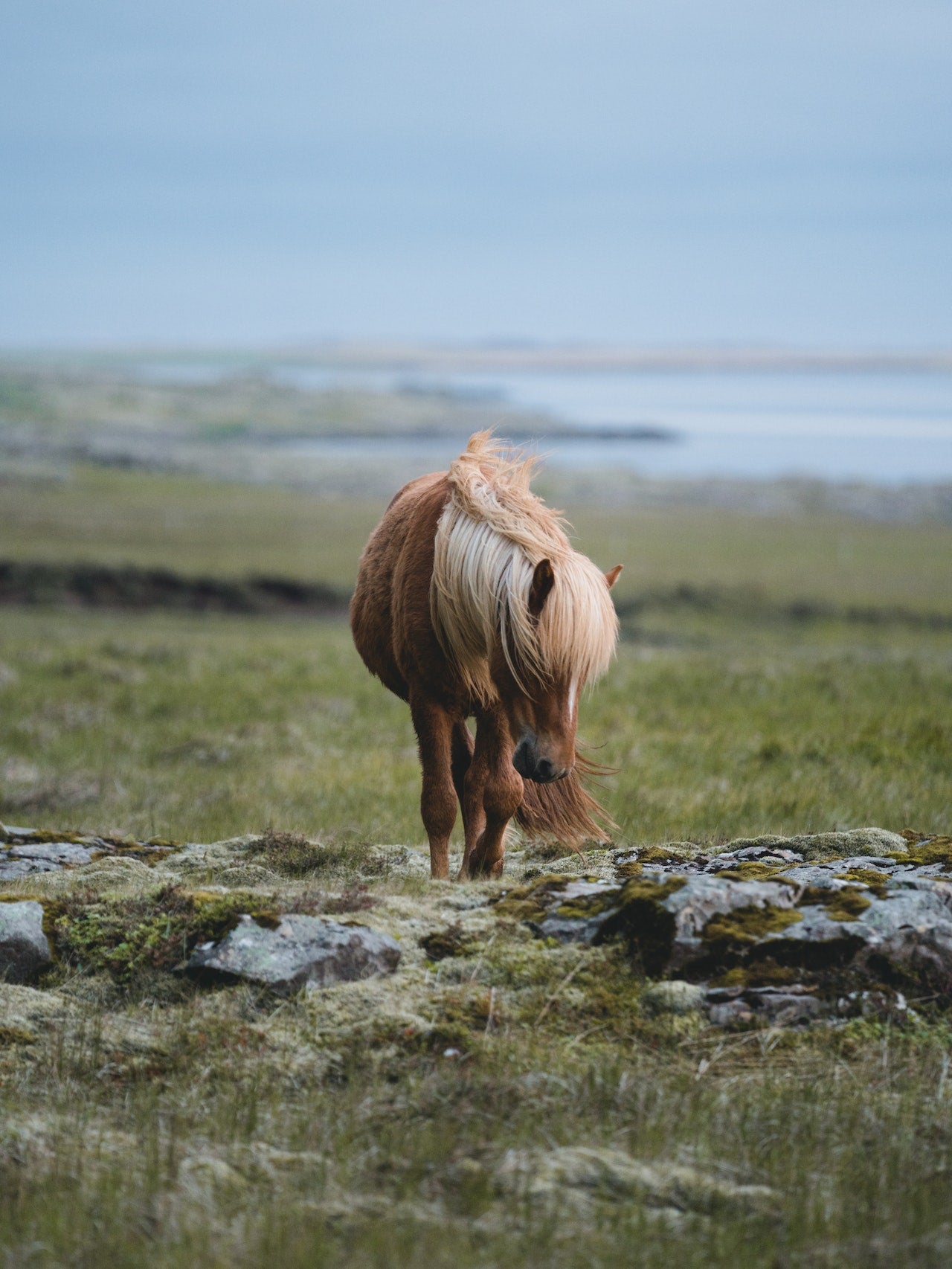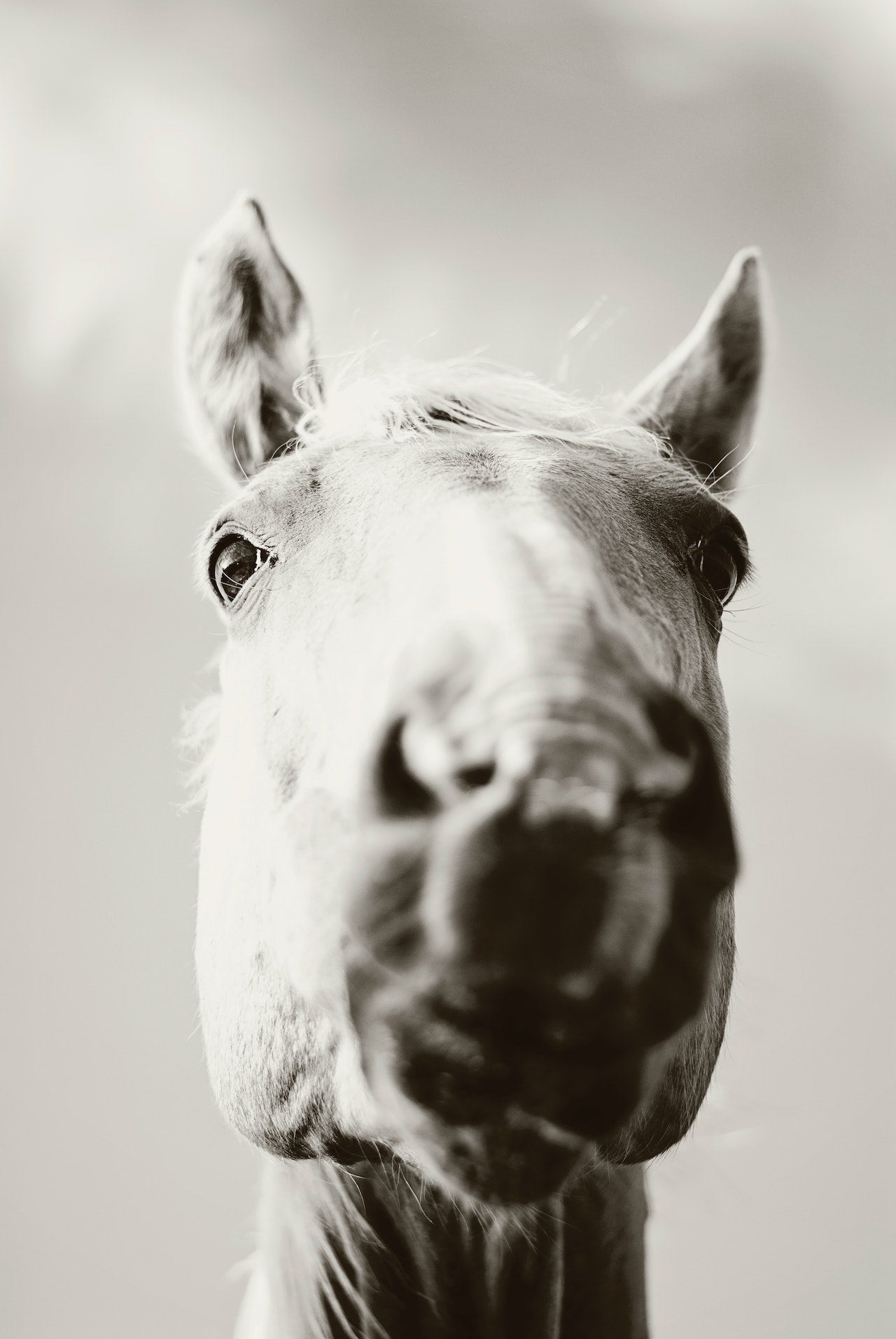
Nettles can Nurture: A Guide to Incorporating Nettles into a Horses’ Balanced Diet.
As horse owners, we all want to ensure that our equine companions are healthy and well-nourished. While many of us may be familiar with traditional feed options like hay, grains, and supplements, there are also many natural alternatives available that can provide a variety of health benefits. One such option is stinging nettles - a common plant found in many pastures and fields.
While it may seem counterintuitive to feed a plant that can cause irritation and discomfort, nettles are a nutritious and potentially beneficial addition to your horse's diet. Nettles provide essential vitamins, minerals, and proteins that can give horses the added nutrients they need for overall health. However, it is important to know how to safely prepare and feed nettles to horses to maximize their potential benefits and minimize potential drawbacks.
In this article, we'll explore the nutritional benefits of nettles, how to properly feed them to your horse, and potential risks to be aware of. By the end, you'll have a better understanding of whether nettles are right for your equine companion.
Can Horses Eat Nettles?
Yes, horses can eat nettles. Nettles are high in minerals, vitamins and proteins and provide essential nutrients for horses. However, it's important to be careful when feeding your horse nettles, as they can cause digestive issues and discomfort if not appropriately handled.

About Nettles
Nettles, also known as Urtica dioica, are a type of plant that is found all over the world, including in North America, Europe, Asia, and Africa. They are known for their stinging hairs, which can cause a painful rash and irritation when they come into contact with the skin. Despite their prickly reputation, nettles have been used for centuries as food and medicine.
Nettles are a rich source of vitamins and minerals, including iron, calcium, potassium, and vitamins A and C. They also contain high levels of protein and fibre. Nettles have been traditionally used as a natural remedy for a wide range of health issues, including arthritis, allergies, and inflammation. They are also believed to support the immune system and improve digestion.
Health Benefits of Nettles for Horses
There are several mind-blowing benefits that nettles provide for your equine companion, some of which are:
Promoting digestive health
One of the benefits of nettles for horses is promoting digestive health. Nettles contain compounds that can help to improve digestion and reduce gastrointestinal issues such as colic, diarrhoea, and gas. They also help to increase appetite and stimulate the production of digestive enzymes which aid in the breakdown and absorption of food.
Improves circulation
Increasing circulation is another benefit of nettles for horses. Nettles contain bioflavonoids, which have been shown to improve blood circulation. Additionally, they are high in iron, which helps to increase the production of red blood cells and improve circulation throughout the body. Furthermore, nettles are high in magnesium, which helps to keep blood vessels relaxed, allowing for improved circulation and overall heart health.
Improves skin, coat, and mane condition
Nettles can be beneficial in improving skin, coat, and mane conditions in horses. Nettles are high in essential fatty acids, such as omega-3 and omega-6, which can help to nourish the skin and the coat. Furthermore, when cooked properly, nettles can provide a gentle exfoliation to the skin and coat of a horse, which can help to remove dirt, dead skin cells, and other debris.
Provides essential vitamins and minerals
Nettles contain a variety of essential vitamins and minerals that can help to nourish horses. They are particularly high in magnesium, calcium, iron, potassium, and zinc, which can all be beneficial for a horse's health. Additionally, nettles are also a source of proteins and essential amino acids, such as lysine, threonine, and arginine, which can help to support muscle growth and development.
Other health benefits of nettles include:
- Supporting joint health
- Enhancing immune system health
- Supplying essential fatty acids
- Supplying nutrition in an affordable form
- Natural diuretic
How to Prepare Nettles for Horses
Cooking nettles
Cooking nettles can be an important step in preparing them for feeding horses. This is because cooking can help to soften the stalks, making them more palatable for horses and easier to digest, as well as helping to reduce any potential contaminants that may be present on the nettles.
Potential contaminants
When preparing nettles for horses, it is important to be aware of potential contaminants that may be present on the plant. These can include pesticides or herbicides that may have been used to grow the nettles, as well as animal waste or other materials that may be present in the soil where the nettles were harvested. It is important to ensure that nettles are washed thoroughly to reduce any potential contaminants that may be present.

Guidelines for Feeding Nettles to Horses
As an occasional treat
Feeding nettles to horses in moderation as an occasional treat is a great way to provide additional nutrition without over-feeding. Nettles should not be fed to horses regularly as they can be high in certain nutrients, such as calcium, which can cause an imbalance in the horse's diet.
As part of a balanced diet
Including nettles as part of a balanced diet for horses is a great way to provide additional nutrition without over-feeding the horse. When providing nettles as part of a balanced diet, it is important to ensure that other sources of nutrition are also incorporated, such as hay, grass, and other fruits and vegetables.
Risks Associated with Feeding Nettles to Horses
- Stinging and irritation: Nettles have stinging hairs that can cause irritation and discomfort when they come into contact with skin or sensitive tissues like the mouth and throat.
- Allergic reactions: Some horses may be allergic to nettles and may experience allergic reactions like hives or difficulty breathing. If you notice any signs of an allergic reaction in your horse after feeding nettles, stop feeding them immediately and contact your veterinarian.
- Overconsumption: Like any new addition to your horse's diet, it's important to introduce nettles slowly and in small amounts to avoid digestive upset or other adverse reactions.
- Toxicity: While stinging nettles (Urtica dioica) are generally considered safe for horses to eat, other types of nettles can be toxic. It's important to correctly identify the type of nettles growing in your pasture before feeding them to your horse.
Concluding Words
Nettles can be a great addition to a horse's diet when fed in moderation as part of a balanced diet. It is important to ensure that nettles are cooked thoroughly and free from contaminants before feeding them to horses and to take care not to over-feed them. It is also important to consult with a veterinarian or equine nutritionist to determine the appropriate amount and method of feeding. By following these guidelines, nettles can be an integral part of a healthy diet for horses.



